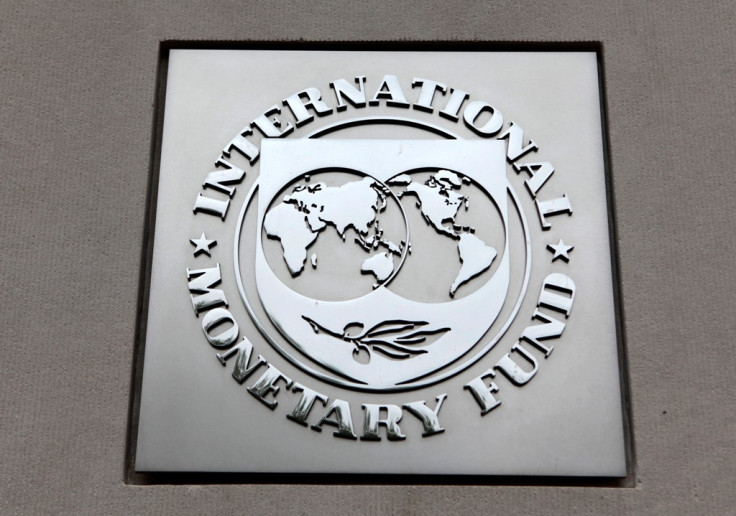China Asks IMF to Grant Greater Powers to Emerging Market Economies

China called on the International Monetary Fund to stick to a pledge to give emerging markets a greater say at the world body, after US lawmakers stalled historic reforms aimed at giving developing countries more power.
Remarks by Chinese Foreign Ministry spokesman Hong Lei on 15 January implicitly criticised the United States, the largest and most powerful IMF member, where lawmakers failed on 13 January to concur on vital funding measures. Hong did not mention the US by name.
The proposed $1tr spending bill for the US federal government failed to incorporate funding for the IMF.
The US Congress must approve the IMF funding to complete 2010 reforms that would make China the IMF's third-largest member and revamp the IMF board to ease Western Europe's dominance.
The changes would also grant greater powers to nations such as Brazil and India, to reflect their growing economic clout.
However, the changes have been held up due to the lack of approval from the US.
Members should earnestly implement the decision, and honour and enhance the voice and representation of developing countries within the IMF.
"The IMF quotas reform is an important decision made by the organisation," Hong said at a daily news briefing in Beijing, reported Reuters.
"The relevant organisation's members should earnestly implement the decision, and honour and enhance the voice and representation of developing countries within the IMF."
The reform of voting shares, known as quotas, cannot proceed without the US, which holds the only controlling share of IMF votes.
The US Treasury has sought to push the provision into several bills since March 2013, after freezing the request in 2012 owing to the US presidential election.
The administration's requests, however, have been met with cynicism from some Republicans, who see them as equivalent to backing fresh funding in a tight budget environment.
Some US lawmakers have also raised questions about how well the IMF is helping troubled economies in Europe and the risks attached to IMF loans, suggesting Congress is in no hurry to sign off on any changes.
India's Finance Ministry did not immediately respond to requests for comment. But an unnamed official at the ministry, who has been dealing with the IMF, told the news agency that India was "disappointed" at Congress' lack of action.
..hope that the matter will be discussed at the G-20 level with the end-January deadline approaching.
An unnamed South Korean Finance Ministry official said: "While we appreciate the US government's efforts, we regret the fact that the proposed funding measure fell through in Congress at the last minute.
"IMF quota reform is an important matter to address and we hope that the matter will be discussed at the G-20 level with the end-January deadline approaching."
Developing nations have longed viewed the IMF with scepticism for endorsing disastrous privatisations that complicated the transition from communism for some emerging nations in the early 1990s, and for pushing budget cuts that magnified the debt crises in Asia and Latin America some years later.
The IMF's power structure dates back to the organisation's founding in 1944. The structure was fashioned by the victors of World War Two - the US and its allies in Europe.
© Copyright IBTimes 2025. All rights reserved.






















